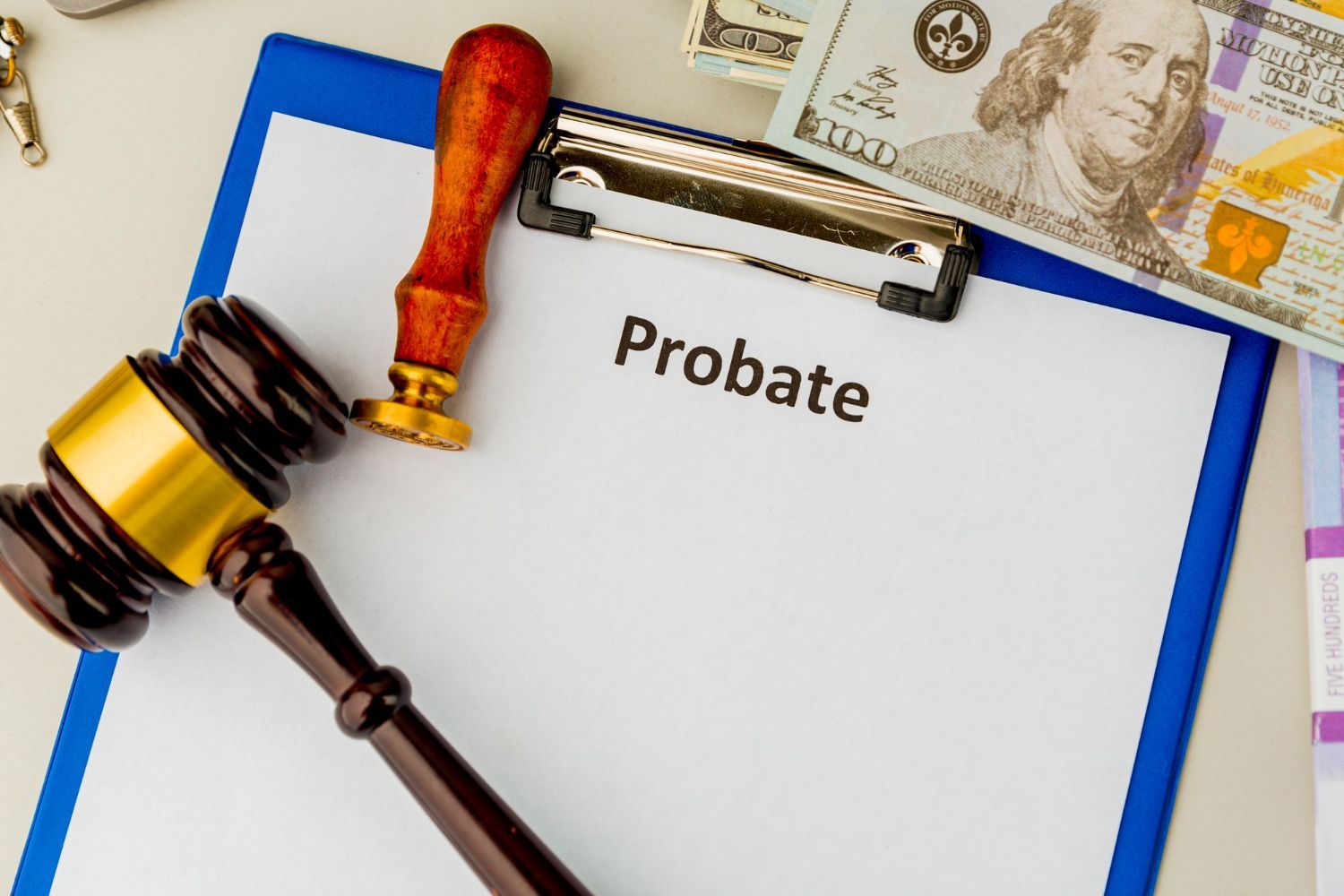Common Questions About Small Estate Affidavits in Georgia
Probate can feel like a long and expensive process, but when someone passes away with only a small amount of property, there's a quicker route that might help. In Georgia, this option is called a small estate affidavit. It’s a legal document that allows heirs to claim property without a full probate case. For families dealing with loss and trying to settle basic financial matters, this can make things a little less stressful.
Understanding how small estate affidavits work is important if you're handling a loved one’s estate and want to avoid unnecessary procedures. They offer a simpler way to transfer small sums of money or personal items without opening a formal court proceeding. But not everyone qualifies, and the rules can be confusing. Knowing the basics early on can help avoid issues later.
What Is A Small Estate Affidavit?
A small estate affidavit is a legal form used to transfer certain property when someone dies, without the need for a full probate case. In Georgia, it can be used if the estate meets specific conditions, like low value and no disputes among heirs. Also, it generally applies when there isn’t any real estate involved.
This affidavit is most helpful when a person passes away leaving behind simple assets like a bank account, household belongings, or wages. If there's no disagreement over the inheritance and the estate's value is below the legal limit, this affidavit allows the rightful heir to access the property quickly—without a drawn-out court process.
Picture a situation where a father passes away leaving only a savings account and a few personal items. A small estate affidavit could allow his child to claim those assets without spending months in probate court or hiring lawyers.
Benefits Of Using A Small Estate Affidavit
Families often choose this route for several reasons when the estate qualifies under Georgia law.
- Faster process. There’s no need to go through a full probate court case, which can take a long time.
- Lower cost. Skipping court means fewer legal and court fees, which helps families save money.
- Less stress on families. When an estate is straightforward, avoiding court can give families more peace during a tough time.
- Simple procedure. Most of the time, you just fill out the affidavit, gather the backup documents, and submit them directly to the bank or company holding the assets.
Still, not everyone can file this document. Georgia has clear rules about when it’s allowed.
To file a small estate affidavit in Georgia:
- The estate must not include real estate.
- The overall value must fall under the limit set by state law.
- At least 90 days must have passed since the person died.
- There shouldn’t be any ongoing or completed probate case.
- The heir filing must agree to take on any unpaid debts tied to the estate.
Missing any of these rules could mean the court won’t accept the affidavit, and a full probate process might be required. Reviewing eligibility carefully is key before you begin.
Common Questions About Small Estate Affidavits
Even though the process is simpler than full probate, questions come up often. Many people are unsure which assets qualify and how proof of ownership works.
What are the requirements for using a small estate affidavit in Georgia?
The person filing must usually be the legal heir or next of kin. There can’t already be a probate case for the same estate. Also, the total estate must fall under the amount allowed by the state, and 90 days must have passed since the death.
What property can be claimed this way?
Qualifying items can include checking or savings accounts, personal belongings, or unpaid wages. You usually can’t use the affidavit for real estate, retirement funds with named beneficiaries, or vehicles with liens.
How do heirs prove their right to the property?
The affidavit must be supported by documents like:
- A certified copy of the death certificate
- Valid identification for the person filing
- Proof of relationship to the deceased, such as a birth or marriage certificate
- Documents showing the property or account to be claimed
Can someone dispute the affidavit?
Yes. If others believe the form was filled out incorrectly or unfairly excludes an heir, they can raise a challenge. That’s why it’s important to be honest and accurate when preparing the paperwork. Mistakes or missing details can delay the process or cause legal trouble.
Steps to File a Small Estate Affidavit in Georgia
Even though the small estate process is less involved, it still has to be done correctly. Here’s a step-by-step look at how to file this affidavit in Georgia.
1. Wait 90 days after death
Georgia law requires a 90-day wait period after someone dies before filing the affidavit.
2. Gather supporting documents
Collect items such as a death certificate, personal ID, proof of your connection to the deceased, and details about the property or account.
3. Fill out the affidavit form
Some counties provide their own forms. Either way, complete the form truthfully and clearly under oath.
4. Submit to the right place
You’ll usually take this directly to whoever holds the asset—like a bank or employer—not the court. They may ask for extra paperwork or have their own process, so it’s a good idea to check first.
5. Use the property responsibly
After the assets are released, any debts tied to the estate should be paid before using the remaining money or property for personal use.
Each step needs care. Mistakes in documents or skipping a requirement can delay everything. If there are other people who might claim a part of the estate, be open with them before moving forward.
What Georgia Families Should Know
Understanding how probate administration works in Georgia can save families time and frustration, especially after a loss. Small estate affidavits are a useful tool when all the requirements are met, but skipping steps or misjudging eligibility can cause problems.
Leaving out a creditor or heir on the affidavit could delay everything or lead to legal disputes. It’s smart to double-check that nothing important is missed. Know the law and prepare documents clearly before moving ahead.
Because the rules and forms involved with probate can change from county to county, staying current is important. Small estates can still come with unique situations, so even if probate seems avoidable, getting legal guidance early might help prevent bigger problems later on.
Navigating Probate Administration with McGinn Law
Handling an estate isn’t always simple, even when it seems small. Small estate affidavits can help families in Georgia move forward without court delays, but only if everything is done right. It’s easy to overlook a detail or miss an important rule, especially during a stressful time.
That’s where McGinn Law comes in. We assist Georgia families every day with probate issues—especially those involving small estate affidavits. Our team helps review eligibility, gather the right documents, and guide clients through each step of the process.
If you're feeling unsure about whether a small estate affidavit is the right option or you just want to avoid delays and conflicts, reach out to McGinn Law. Let us help you approach probate administration with clarity and confidence.
Probate matters can become tangled if not approached correctly, especially with the nuances involved. When planning your next steps in probate administration, it's wise to understand all related wills and trusts to avoid potential pitfalls. McGinn Law is here to help unravel those complexities and guide you smoothly through the process. For more details on how we can assist with your estate planning needs and ensure your family's needs are met, delve into comprehensive options with our team.





